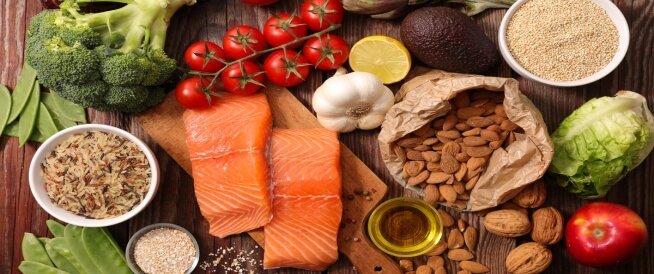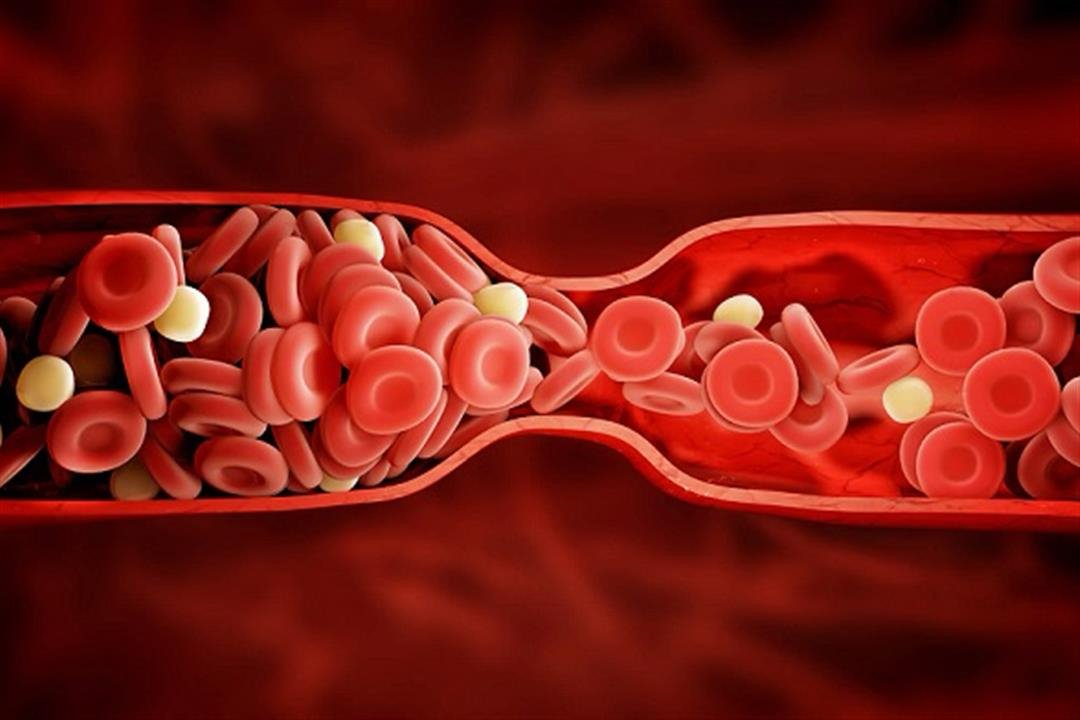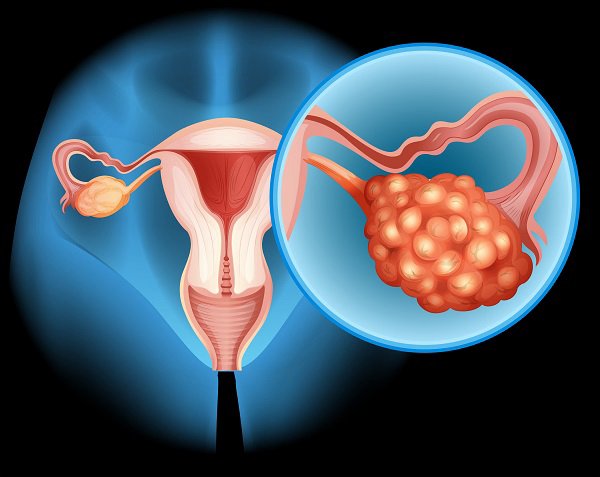High blood viscosity, also known as hyperviscosity, refers to thickened blood that flows more slowly through the bloodstream, putting extra strain on the heart and increasing the risk of cardiovascular events such as heart attacks, strokes, and blood clots. Managing blood viscosity is crucial for patients with this condition, and one of the key components of treatment is diet. Some foods can exacerbate blood viscosity by increasing red blood cell concentration, cholesterol, and inflammation. In this article, we will explore the foods to avoid if you are managing high blood viscosity, while also offering some nutritional advice to promote healthier blood flow.
Understanding Blood Viscosity
Before delving into the list of foods to avoid, it’s essential to understand why blood viscosity matters. Blood viscosity is influenced by factors such as hydration levels, the concentration of red blood cells and lipids, and the presence of inflammatory markers. When blood becomes too thick, the heart has to work harder to pump it throughout the body. This can result in high blood pressure and decreased oxygen delivery to tissues, ultimately increasing the risk of serious health problems.
For individuals with high blood viscosity, avoiding certain foods can help reduce the risk of complications and improve overall circulatory health.
Top Foods to Avoid for High Blood Viscosity

1. Processed and Fatty Foods
Processed and fatty foods are a major contributor to high cholesterol and triglyceride levels, which can thicken the blood and increase its viscosity. Foods that are high in saturated fats and trans fats, such as fried foods, processed meats, and fast food, should be avoided.
- Examples: French fries, fried chicken, bacon, sausages, hot dogs, pastries, and donuts.
- Why to Avoid: Saturated fats and trans fats increase levels of LDL cholesterol, the “bad” cholesterol, which contributes to plaque buildup in the arteries and leads to restricted blood flow and higher blood viscosity.
2. Sugary Foods and Beverages
Excessive consumption of sugary foods and beverages can lead to inflammation, obesity, and insulin resistance, all of which can contribute to higher blood viscosity. High blood sugar levels also increase the risk of diabetes, which is commonly associated with thickened blood and poor circulation.
- Examples: Soda, candy, cakes, cookies, energy drinks, and sweetened breakfast cereals.
- Why to Avoid: Sugary foods cause a spike in blood sugar levels, which increases insulin production and leads to inflammation. Over time, this can increase blood thickness and contribute to cardiovascular issues.
3. Red Meat and High-Fat Dairy Products
Red meat and high-fat dairy products contain significant amounts of saturated fats, which can raise blood cholesterol levels and contribute to blood thickening. While leaner cuts of meat and low-fat dairy may be more acceptable in moderation, it’s generally best for individuals with high blood viscosity to limit their intake of these foods.
- Examples: Beef, lamb, pork, butter, whole milk, and cheese.
- Why to Avoid: These foods increase the production of inflammatory compounds and raise levels of LDL cholesterol, both of which contribute to poor circulation and thicker blood.
4. Refined Grains
Refined grains, such as white bread, white rice, and pasta, are stripped of most of their fiber and nutrients, leaving behind a product that can quickly raise blood sugar levels. This can lead to increased inflammation and insulin resistance, both of which contribute to higher blood viscosity.
- Examples: White bread, white rice, pastries made with refined flour, and white pasta.
- Why to Avoid: Refined grains are low in fiber, causing a rapid increase in blood sugar, which leads to inflammation and higher blood viscosity. Opting for whole grains can help maintain better blood flow.
5. High-Sodium Foods
Salt is necessary in small amounts, but consuming too much sodium can lead to increased blood pressure and water retention, both of which can negatively impact blood viscosity. High blood pressure forces the heart to work harder to pump thickened blood through the arteries, increasing the risk of cardiovascular complications.
- Examples: Canned soups, processed snacks, frozen meals, pickles, and soy sauce.
- Why to Avoid: High-sodium foods cause fluid retention and increase blood pressure, contributing to thicker blood and making it harder for the heart to circulate blood efficiently.
6. Alcohol
While moderate alcohol consumption has been linked to some health benefits, excessive alcohol intake can have the opposite effect, particularly for individuals with high blood viscosity. Alcohol can lead to dehydration, which thickens the blood, and it can also increase triglyceride levels, contributing to higher blood viscosity.
- Examples: Beer, wine, spirits, and cocktails.
- Why to Avoid: Alcohol acts as a diuretic, leading to dehydration and increased blood viscosity. Over time, heavy drinking can also elevate triglyceride levels and contribute to poor circulation.
7. High-Purine Foods
Foods that are high in purines can raise uric acid levels in the blood, increasing the risk of gout, a condition that can further impair circulation and contribute to higher blood viscosity. Purine-rich foods are particularly problematic for individuals prone to high blood viscosity due to underlying conditions such as metabolic syndrome or diabetes.
- Examples: Organ meats (liver, kidney), sardines, anchovies, and certain seafood.
- Why to Avoid: High-purine foods can lead to the formation of uric acid crystals in the joints and blood vessels, increasing blood viscosity and the risk of cardiovascular problems.
Nutritional Strategies to Promote Healthy Blood Flow
While there are several foods that individuals with high blood viscosity should avoid, there are also many foods that can help promote healthy blood flow. These include:
- Omega-3 Fatty Acids: Found in fatty fish such as salmon, mackerel, and sardines, omega-3 fatty acids have anti-inflammatory properties and can help reduce blood thickness. Plant-based sources include flaxseeds, chia seeds, and walnuts.
- Leafy Greens: Vegetables such as spinach, kale, and Swiss chard are rich in nitrates, which help to improve blood flow by dilating blood vessels. They also provide essential vitamins and minerals that promote heart health.
- Berries: Berries such as blueberries, strawberries, and blackberries are rich in antioxidants and anti-inflammatory compounds that can help improve circulation and reduce blood viscosity.
- Whole Grains: Unlike refined grains, whole grains such as brown rice, quinoa, and oats are rich in fiber, which helps regulate blood sugar levels and reduce inflammation.
- Water: Staying hydrated is one of the simplest and most effective ways to maintain healthy blood viscosity. Drinking adequate water throughout the day helps prevent dehydration, which can thicken the blood.
Conclusion: Managing High Blood Viscosity with the Right Diet
For patients with high blood viscosity, diet plays a crucial role in managing the condition and reducing the risk of complications. Avoiding foods that are high in saturated fats, refined sugars, and sodium can help promote healthier blood flow and reduce the workload on the heart. By incorporating nutrient-dense foods that improve circulation and reduce inflammation, individuals with high blood viscosity can take control of their health and minimize their risk of cardiovascular problems.
Scientific Sources:
- American Heart Association: Saturated Fat
- Mayo Clinic: High Blood Pressure and Sodium
- Harvard T.H. Chan School of Public Health: The Nutrition Source – Omega-3 Fatty Acids
- National Institutes of Health: Effects of Diet on Blood Viscosity
By following these dietary guidelines, patients with high blood viscosity can support their circulatory health and improve their overall well-being.




